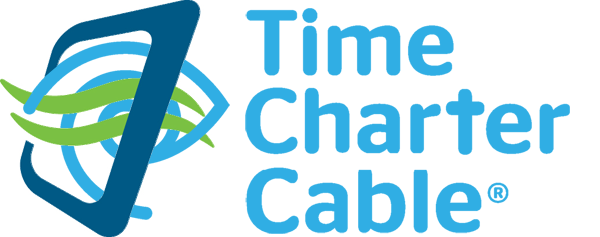Charter Promises TWC, Bright House Merger Will Not Include Data Caps… For A Few Years, Anyway
 Nobody likes home data caps. And nobody really likes their cable companies. So how can Charter and TWC look like good guys and maybe gain a little favor while planning out their merger? By promising to skip the data caps once they’re joined. At least, for a while.
Nobody likes home data caps. And nobody really likes their cable companies. So how can Charter and TWC look like good guys and maybe gain a little favor while planning out their merger? By promising to skip the data caps once they’re joined. At least, for a while.
Ars Technica points to a filing in which the would-be cable giant promises that for at least three years after their many-way merger, they would not impose wired broadband caps on residential customers.
The promise is part of Charter’s Public Interest Statement (PDF). That’s the formal filing for a company to explain to the FCC why its transaction plans are not only not-harmful, but in fact actively beneficial to the public interest.
Charter says its plan to buy up Time Warner Cable and smaller company Bright House would be great for everyone because not only would they not impose data caps (which neither Charter nor TWC currently use), but also not having data caps means they won’t have any zero-rating deals — those agreements where companies can pay to have their data not count against a customer’s data cap.
Had Comcast succeeded in its now-defunct plans to purchase Time Warner Cable, the resulting entity would likely have brought broadband caps to more than three-quarters of American households. That merger, of course, did not end up happening.
The political winds may be starting to blow against data caps. Government reports have repeatedly found that home broadband data caps are cash cows for cable companies but leave consumers — who probably don’t have competitive options to switch to — annoyed and confused.
The FCC has generally left broadband data caps alone, but the rumor mill says that the commission may well start scrutinizing them if or when Comcast finally takes their multi-year “pilot” program nationwide.
Charter: We won’t impose data caps after buying Time Warner Cable [Ars Technica]
Want more consumer news? Visit our parent organization, Consumer Reports, for the latest on scams, recalls, and other consumer issues.

